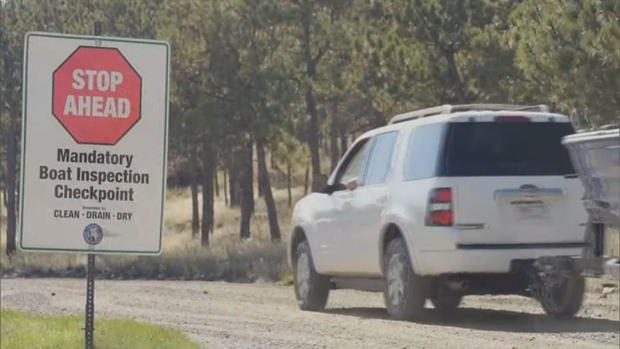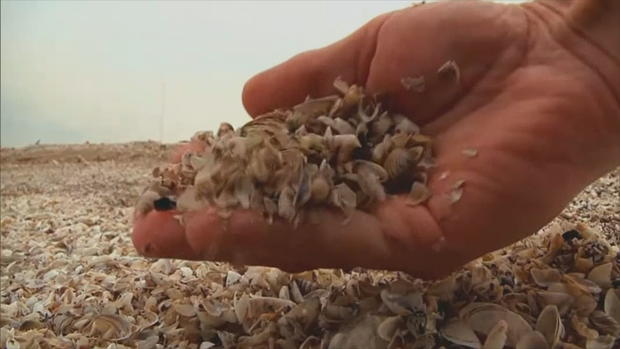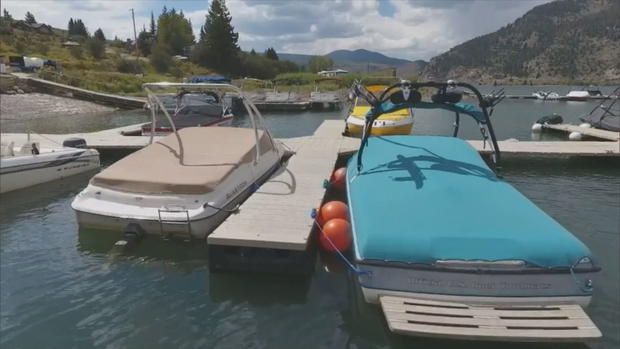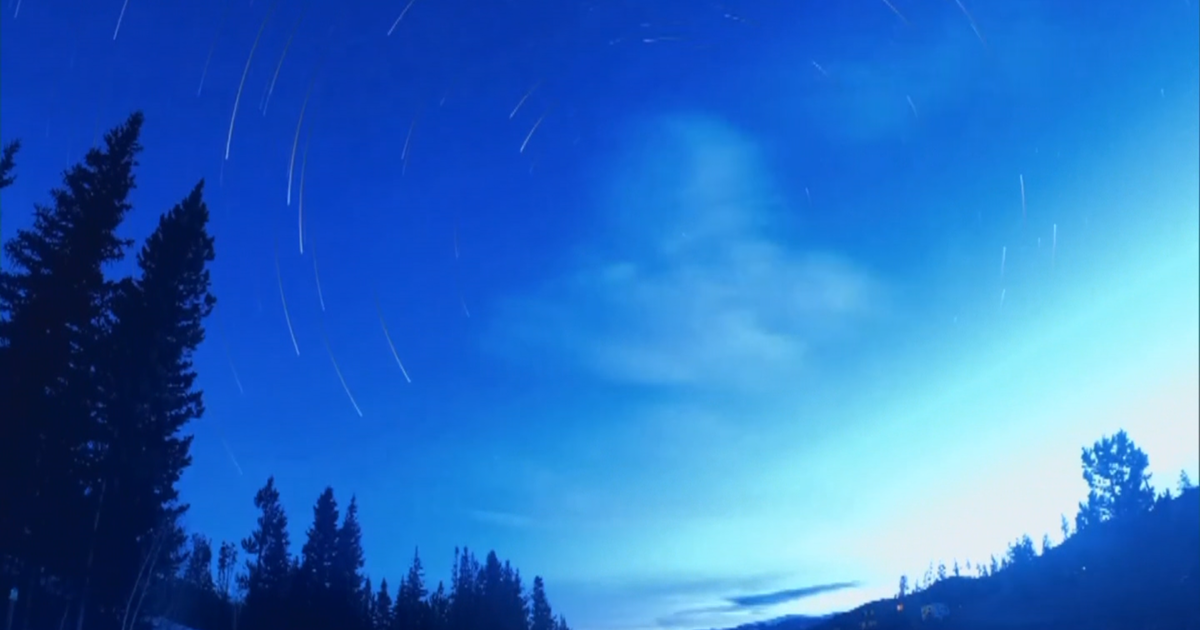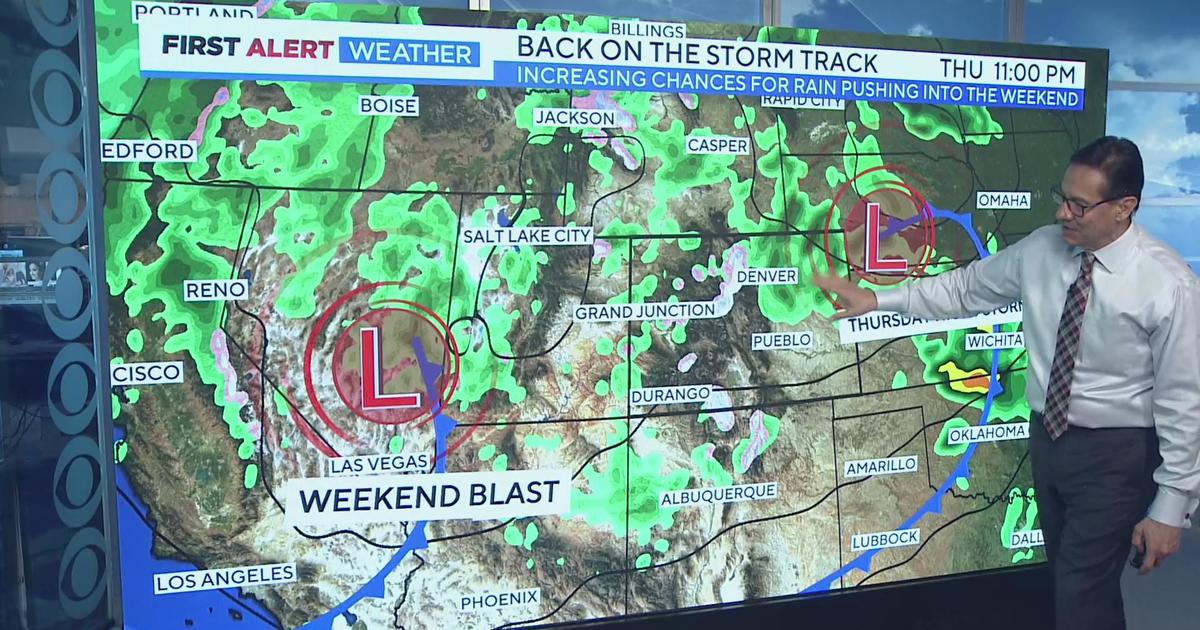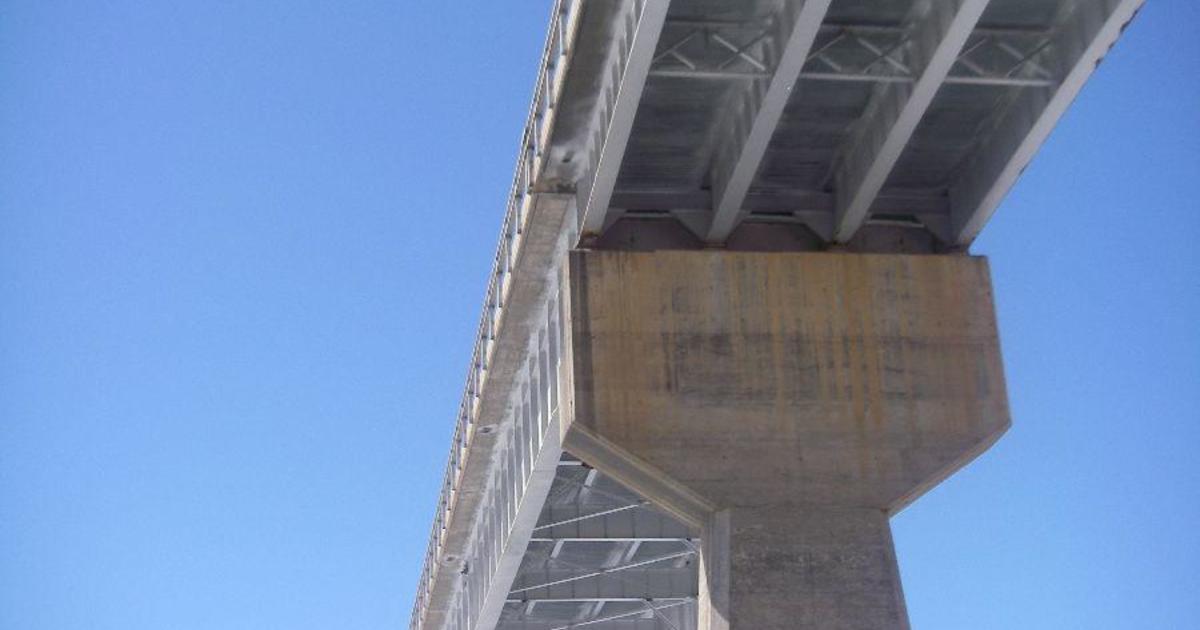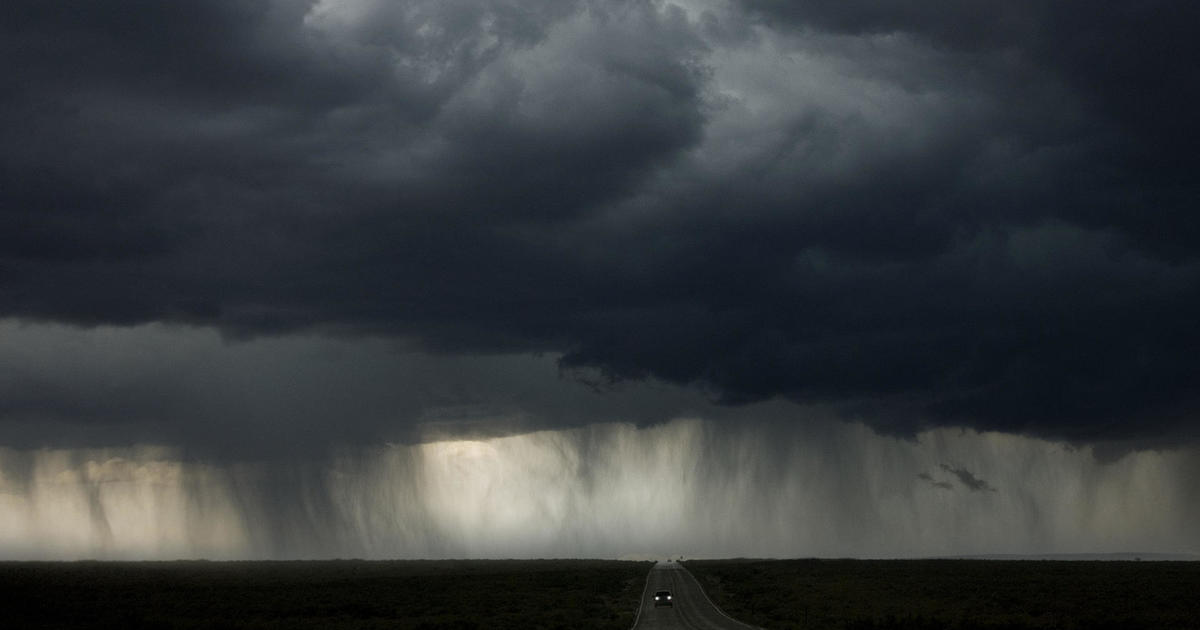Inspection Efforts Continue As Colorado Clears Invasive Mussels From Waterways
HEENEY, Colo. (CBS4) - Colorado waterways are officially free of invasive mussels, but there are serious concerns around keeping them that way. An expected increase in people eager to get out on the water will likely result in more boats carrying the harmful species from other states.
"In 2020, we saw a 30% increase in the amount of inspections that we were performing across the board, right along with that we also saw a significant increase in the amount of mussel-fouled boats that we intercepted," said Robert Walters, invasive species program manager for Colorado Parks and Wildlife.
In 2017, Green Mountain Reservoir tested positive for the presence of quagga mussels. It was the only body of water where the invasive species was detected in the state.
"In 2017, the Bureau of Reclamation detected mussel veligers, which is the microscopic or larval stage of a quagga mussel, in Green Mountain Reservoir," said Walters.
This month, after three years of testing, the state announced that Green Mountain Reservoir was clear of the invasive species.
"It's certainly great news that we are completely free of mussels in the great state of Colorado, but many of our neighboring states are seeing an increase in the amount of infestations in their waters, so it continues to be extremely important that we take these preventive actions to make sure our waters remain free of this invasive species," he said.
Quagga along with zebra mussels can have wide-ranging impacts, from ecological to economic.
"Mussels are filter feeders and what they're primarily feeding on is vital plankton that are in the water body. These are the basis of our aquatic food chain so if you eat out the basis of our aquatic food web, that is ultimately going to have implications on all of the higher species as well," he said. "From an economic perspective, zebra and quagga mussels attach themselves to surfaces, which can have significant detriment on our aquatic infrastructure, things like our dams, hydroelectric facilities, which can lead to significant maintenance costs."
Once they're detected, it's hard to stop them from spreading. It's why boat inspections are the best defense, preventing the mussels from ever entering the water.
"A single mussel can produce up to a million juvenile mussels in a given year so those populations can grow exponentially and there really is no way to eradicate them from a body of water once they become established. We really just try to keep everything out in the first place so we don't end up in that irreversible situation where we're facing all these challenges."
Not only does the state plan to continue inspection and decontamination efforts, but it will continue with education -- one of the most important pieces of the puzzle.
Boaters can help by learning how to do their own inspections as well as how to identify invasive species.
"We're really just trying to get this information out to the public so they understand how serious of an issue this is and can take an active role in helping to manage the spread of this species," said Walters.
Boaters must now buy an Aquatic Nuisance Species stamp when registering a boat in Colorado. The stamp provides approximately half of the funding for the Aquatic Nuisance Species Program, which includes watercraft inspection and decontamination, as well as monitoring of state waters.
